[Español abajo]
In recent years, Guatemala has been experiencing growing water scarcity, driven both by climate change and by the unregulated use of water by extractive industries and monocultures. Since 1991, Guatemalan legislators have introduced 13 bills aimed at creating a Water Law, yet none have been passed. The most recent attempt was made in 2017 with Initiative 5070, which incorporated recommendations from civil society organizations, including territorial defense groups and Indigenous Peoples’ organizations such as the Huehuetenango Departmental Assembly (ADH). Despite having broad support, the initiative advanced no further than its first reading, in part due to opposition from the Coordinating Committee of Agricultural, Commercial, Industrial, and Financial Associations of Guatemala (CACIF), the country’s main business association.
Currently, a new process to develop a Water Law is being led by the Ministry of Environment and Natural Resources (MARN), which includes consultations with organizations, communities, the business sector, and other stakeholders. The ADH is participating in this process with the aim of contributing to a unified national proposal that reflects both the spirit of a Water Law and the visions and practices of the Peoples in the defense and care of water. Within this framework, they share their proposal below:
A PROPOSAL BY THE PEOPLES’ ASSEMBLY OF HUEHUETENANGO FOR THE DEFENSE OF OUR TERRITORY AND FOR COMMUNITY AUTONOMY AND SELF-DETERMINATION (ADH)
As follows:
- Organization and governance. We recommend the creation of a National Water Authority, abbreviated ANAGUA, a decentralized state agency with legal personhood and its own assets; with autonomy in operational, economic, financial, technical, and administrative matters; and with jurisdiction togovern the country’s waterand all aspects related to its planning, management, administration, regulation, and control, as well as to grant authorization for all water use.
ANAGUA’s mandate shall exclude matters related to the powers granted by this law to municipios and to members of Indigenous pueblos and campesino communities who have collective rights to water sources, forests, and other environmental resources on their communal property. Also excluded are powers established in other laws related to the environment, natural resources, forest resources, and disaster prevention and control, as well as decisions made by the Ministry of Public Health and Social Assistance about health necessities. Any environmental impact assessment in which water is in any way involved shall be submitted for consideration and approval to the National Water Authority with the respective authorization and prior consultation of community and municipio committees. ANAGUA shall also study the possible impacts of housing developments and offer support to community authorities for their actions and regulations.
- Conservation: Community authorities in our region are already acting to protect and safeguard this natural resource. They have internal rules to ensure water systems function correctly and to regulate community supply, and they function autonomously. For this reason, we request that these autonomous systems be recognized and valued at the municipio level, and be given the resources they require to strengthen and incentivize their functioning. We also request that measures be adopted to encourage the creation of amunicipio-level authority to organize and coordinate matters related to water resources.
- Administration and uses: All water useshall require the authorization of community and municipio water authorities. The order of priority for granting use rights shall be the following:
1. For human and domestic consumption
2. For irrigation by small farmers
3. For agricultural and animal production that guarantees food sovereignty
4. For the maintenance of the stream ecosystem and cultural practices
5. For other activities that do not affect society’s best interests
Use rights shall be granted based on the specific needs of the sectors that make up the community, based on possession and use of the same, with priority given to historically marginalized populations.
- Financing: Each year in the general national budget, the federal government shall include a line item for water, to strengthen actions that are currently being implemented. The budget shall be administered by municipio entities that are to be created to deal specifically with this matter, to facilitatecommunity committees’ access to these resources with the goal of maintaining their autonomy.
- Pollution: Cease the activity and pay for damage caused. Besides being a productive activity, the polluter must present the corresponding licenses granted by the local government and the ministry of environment. Polluters shall conclude by presenting a detailed plan outlining the actions they will implement to remedy harm caused. Water authorities must monitor remedy measures to see that they are implemented correctly.
- Conflicts: We propose that existing conflict-resolution mechanisms in community water commissions shall be used, always prioritizing dialogue in an equitable manner. If agreements are not carried out, further actions will be considered.
[Español]
En los últimos años, Guatemala ha estado sufriendo cada vez más escasez de agua, tanto por el cambio climático como por el uso no regulado de las industrias extractivas y los monocultivos. Desde 1991, congresistas de Guatemala han propuesto 13 iniciativas para una Ley de Aguas, pero ninguna ha sido aprobada. El intento más reciente se hizo en 2017 con la Iniciativa 5070, la cual incorporó sugerencias de parte de organizaciones de la sociedad civil, incluyendo organizaciones defensoras del territorio y de los Pueblos Originarios, como la Asamblea Departamental de Huehuetenango (ADH). A pesar de tener mucho apoyo, la iniciativa no avanzó más allá de la primera lectura, en parte debido a la oposición del Comité Coordinador de Asociaciones Agrícolas, Comerciales, Industriales y Financieras de Guatemala (CACIF), la principal organización empresarial del país.
Actualmente se está desarrollando un proceso para construir una nueva propuesta de Ley de Aguas a través del Ministerio de Ambiente y Recursos Naturales (MARN) donde, entre otras acciones, se está consultando a organizaciones, comunidades, empresarios, entre otros actores. La ADH participa de este proceso con el interés de contribuir a que exista una propuesta nacional unánime que recoja tanto el espíritu de una Ley de Aguas como las visiones y prácticas de los Pueblos en la defensa y cuidado del agua. En ese marco, comparten a continuación su propuesta:
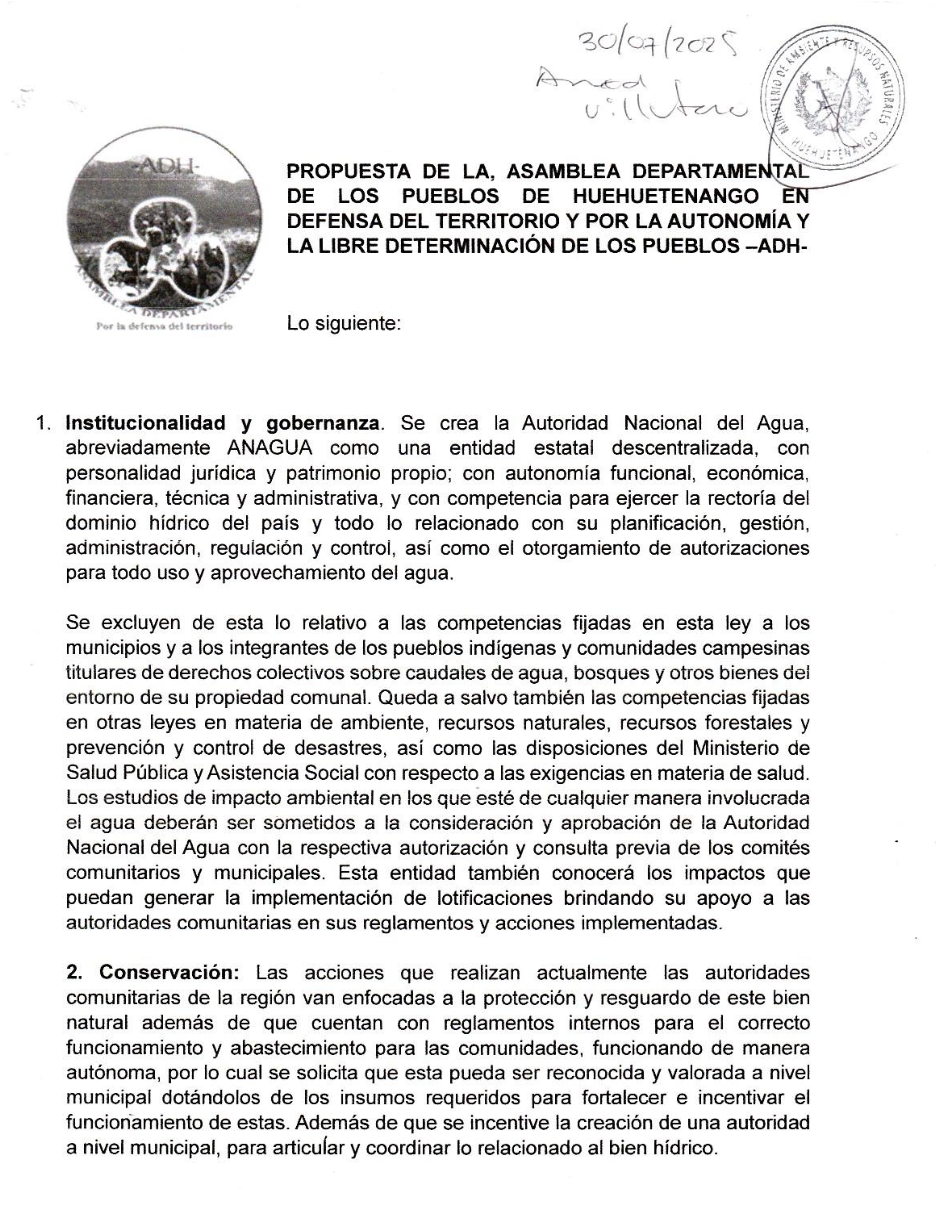
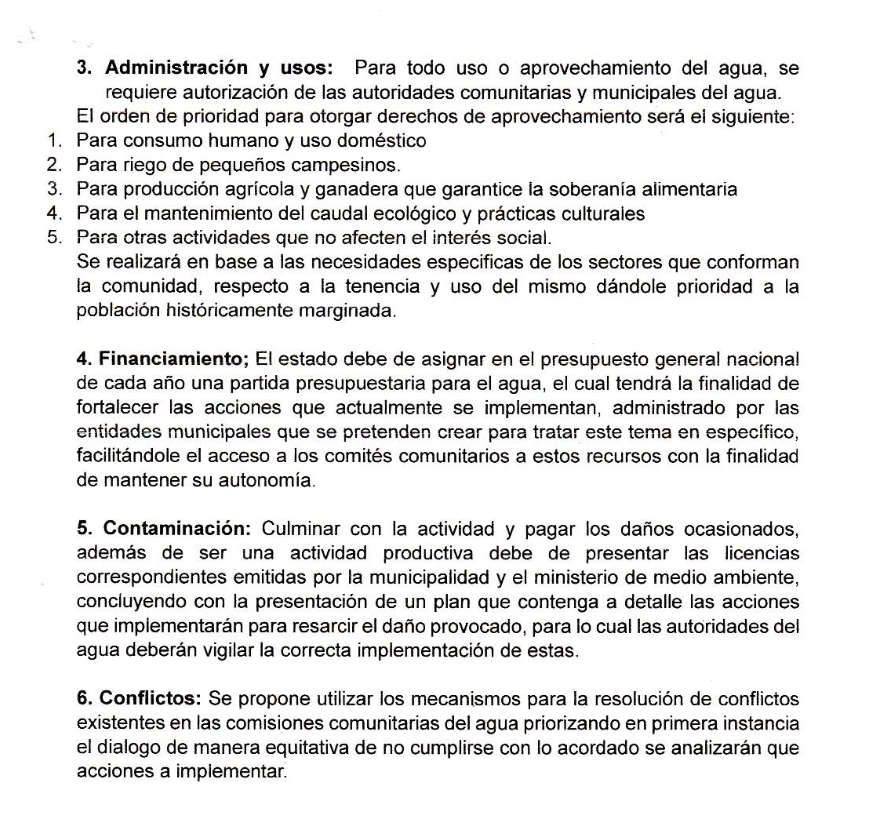


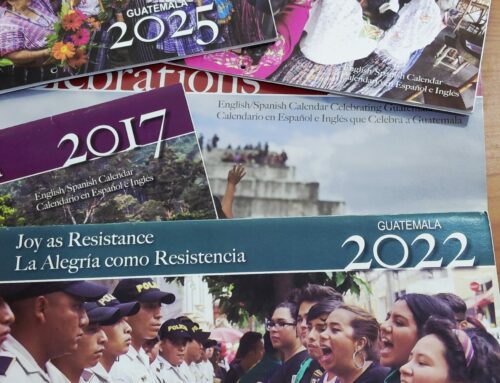
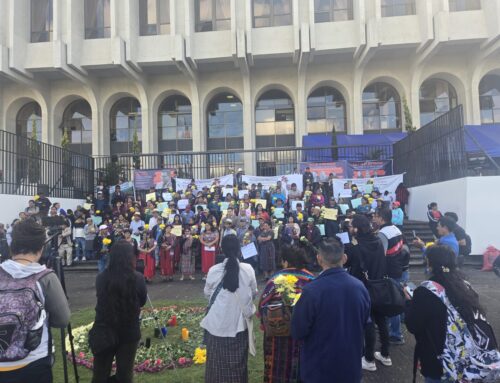
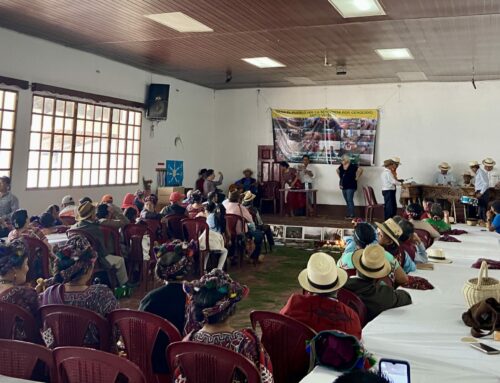
Leave A Comment